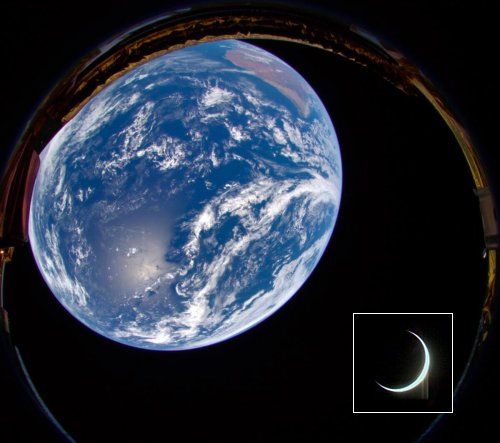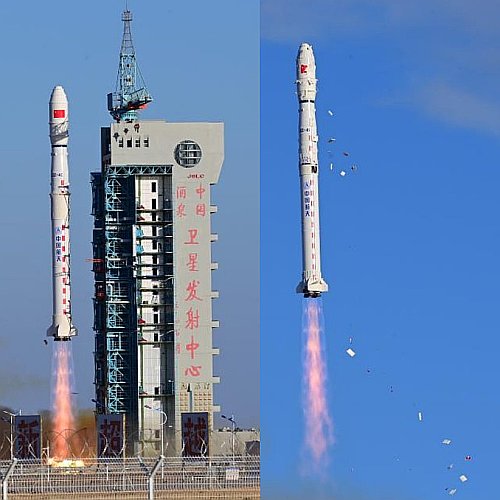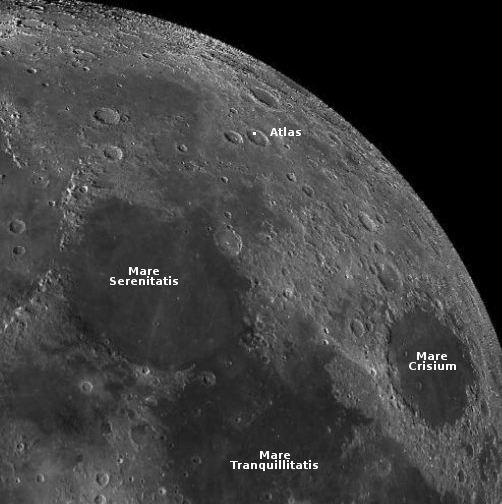Weather forces Rocket Lab to scrub first launch from Wallops
High altitude winds yesterday forced Rocket Lab to scrub its first Electron launch attempt from Wallops Island in Virginia yesterday.
The weather also forced the company to cancel a launch attempt today.
Teams are now evaluating the next possible launch window while coordinating with holiday travel airspace restrictions. The flight will lift off from Rocket Lab’s Launch Complex-2 (LC-2) at NASA’s Wallops Flight Facility in Virginia.
This could mean that Rocket Lab will not be able to launch before the end of the year. The company very much wishes to do this, however, as it would give it ten launches in 2022, as well as a launch pace of one per month for most of the year.
This first launch from Wallops is also important, as it would give Rocket Lab three launchpads, including one in the U.S. for launching classified military payloads. It had hoped to launch from Wallops two years ago, but red tape at NASA delayed the launch.
High altitude winds yesterday forced Rocket Lab to scrub its first Electron launch attempt from Wallops Island in Virginia yesterday.
The weather also forced the company to cancel a launch attempt today.
Teams are now evaluating the next possible launch window while coordinating with holiday travel airspace restrictions. The flight will lift off from Rocket Lab’s Launch Complex-2 (LC-2) at NASA’s Wallops Flight Facility in Virginia.
This could mean that Rocket Lab will not be able to launch before the end of the year. The company very much wishes to do this, however, as it would give it ten launches in 2022, as well as a launch pace of one per month for most of the year.
This first launch from Wallops is also important, as it would give Rocket Lab three launchpads, including one in the U.S. for launching classified military payloads. It had hoped to launch from Wallops two years ago, but red tape at NASA delayed the launch.





